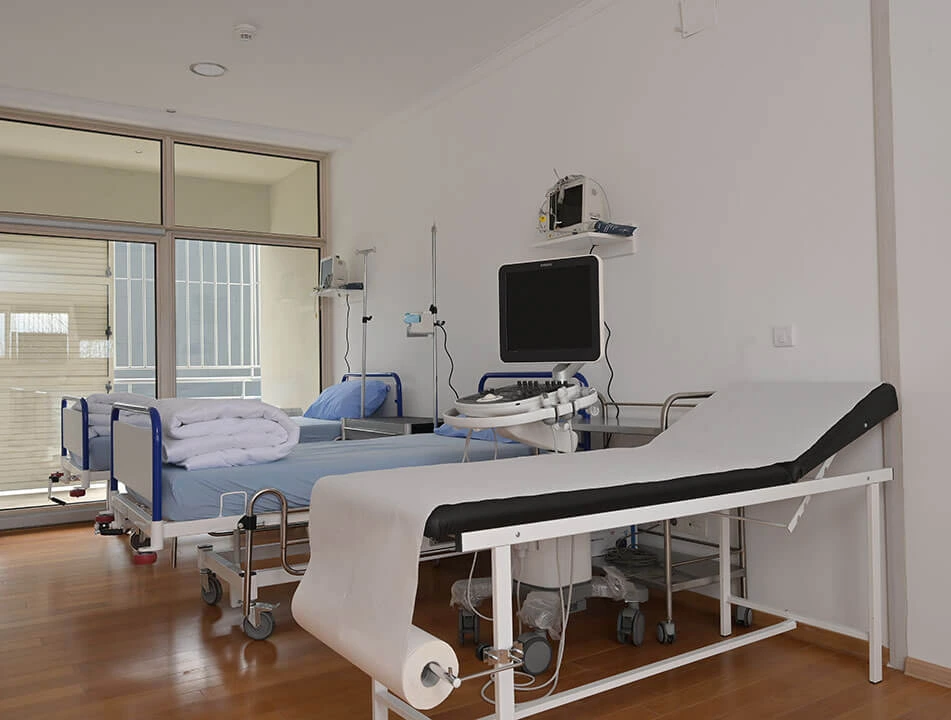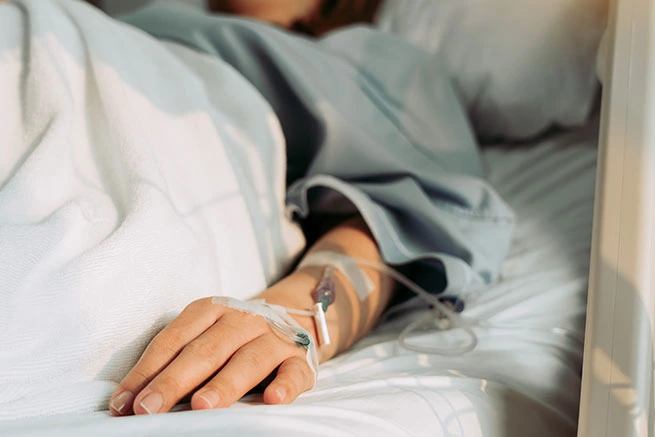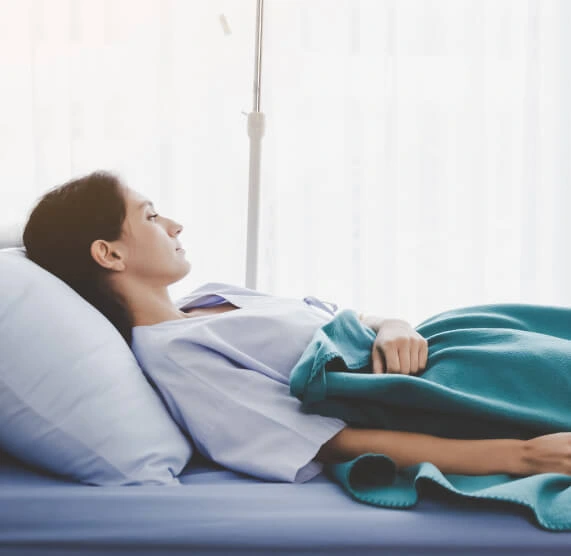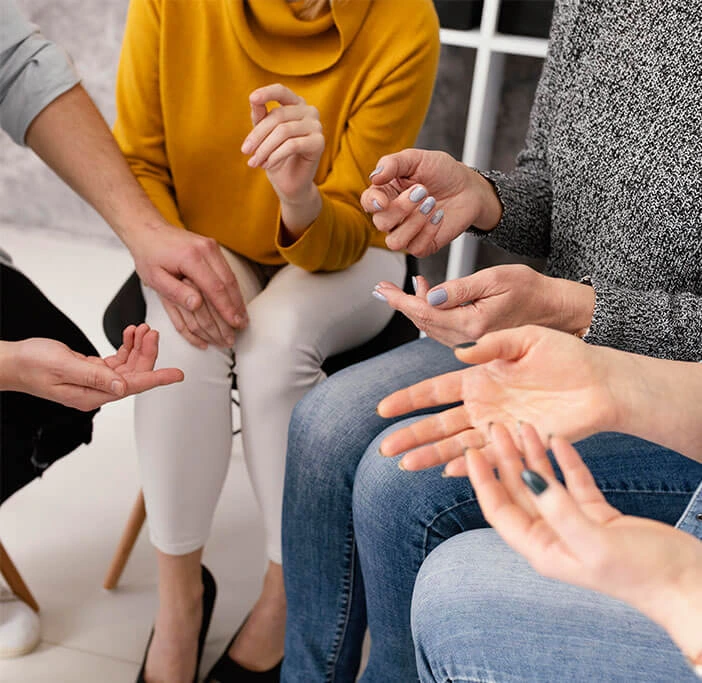Possibility of cost reimbursement through health insurance
The examination takes place through a conversation with a psychiatrist, where a personal and family history of the disorder is taken. The aim of the conversation is to try to get to know the patient better through answers, to see the difficulties, circumstances that led to the disorder and other relevant facts that are important for diagnosing the disorder, assessing the patient’s condition and applying appropriate pharmacotherapy. During the treatment the psychiatrist conducts daily interviews with the patient in order to monitor the condition and effectiveness of procedures, psychotherapy and pharmacotherapy.
Each patient will be examined upon the admission by an internal medicine specialist in order to determine indications, but also contraindications for the procedures that the hospital has at its disposal, related to the anxiety treatment program.
Immediately upon the admission, and based on the internal examination, an internal medicine specialist determines additional diagnostic procedures with which we will determine the indications and contraindications for treatment, including abdominal and cardiac ultrasound, ECG, Doppler blood vessels. If necessary, additional procedures are performed (MRI, CT, X-ray, gastroscopy, etc.) that do not belong to the standard program, and are performed if recommended by a doctor in agreement with the family.
Psychological testing that involves the use of tests to assess cognitive functions, personality assessment through structured psychological tests and projective techniques. In working with a psychologist and a special pedagogue, we assess the psychological status of the patient based on which we determine the psychotherapeutic approach to treatment individual for each patient.
As part of the anxiety treatment, the patient goes through a procedure with a psychologist and a special pedagogue through psychological procedures aimed at strengthening voluntary mechanisms. Procedures include psychotherapeutic work assisted with pharmacotherapy. These are procedures for creating a conditioned reflex of alcohol aversion – aversive procedures, a combination of psychotherapy sessions with intravenous infusion of transmediators, which allows increasing the potential of psychotherapy to the maximum level and psychotherapy with which a psychologist or special pedagogue acts suggestively on the patient’s subconsciousness assisted with medications.
During the treatment, a psychologist and a special pedagogue, based on previously made assessments, do education about the disorder with patients and families of patients. Education includes looking at disorder from a medical point of view, recognizing the triggers that introduced and keeping the patient addicted to the disorder, as well as looking at the direct consequences. The key part of the education is related to the rehabilitation part that begins after hospital treatment, the so-called outpatient part that lasts for the next year.
Addiction treatment hospital MedTiM
Phone:
Information:
Working hours:
Opening hours and patient reception
every day from 00-24h
Regenerative procedures for a 7-day treatment – the price of the treatment includes 1 massage/lymphatic drainage and 1 treatment in a salt room. Other regenerative treatments are charged extra:
A 10-day treatment – the price of the treatment includes 1 massage/lymphatic drainage, 5 hepatometabolic infusions, and 1 treatment in a salt room. Other regenerative treatments are charged extra (hyperbaric chamber, metabolic therapies, oxygen ice spa capsule, infrared sauna, plasmapheresis, salt room, massage/lymphatic drainage).


Ultra rapid detox is the first step in the treatment for opioid addiction and a very important procedure in preventing the occurrence of relapses caused by physical opioid crises.
In addition to detoxification procedures, pharmacotherapy is included to support the creation of long-term abstinence from illicit opioid use. The detoxification method helps the body get rid of opioids in a faster and painless way.
UROD is a detox procedure that is performed under total anesthesia in the intensive care unit and lasts from 6 to 8 hours. In the ultra-rapid detoxification process, opioid detoxification is induced by the use of bolus injection of very high doses of opioid antagonist (naloxone) under general anesthesia or strong sedation. The UROD procedure is performed by an anesthesiologist.

Call us now +381668035073
